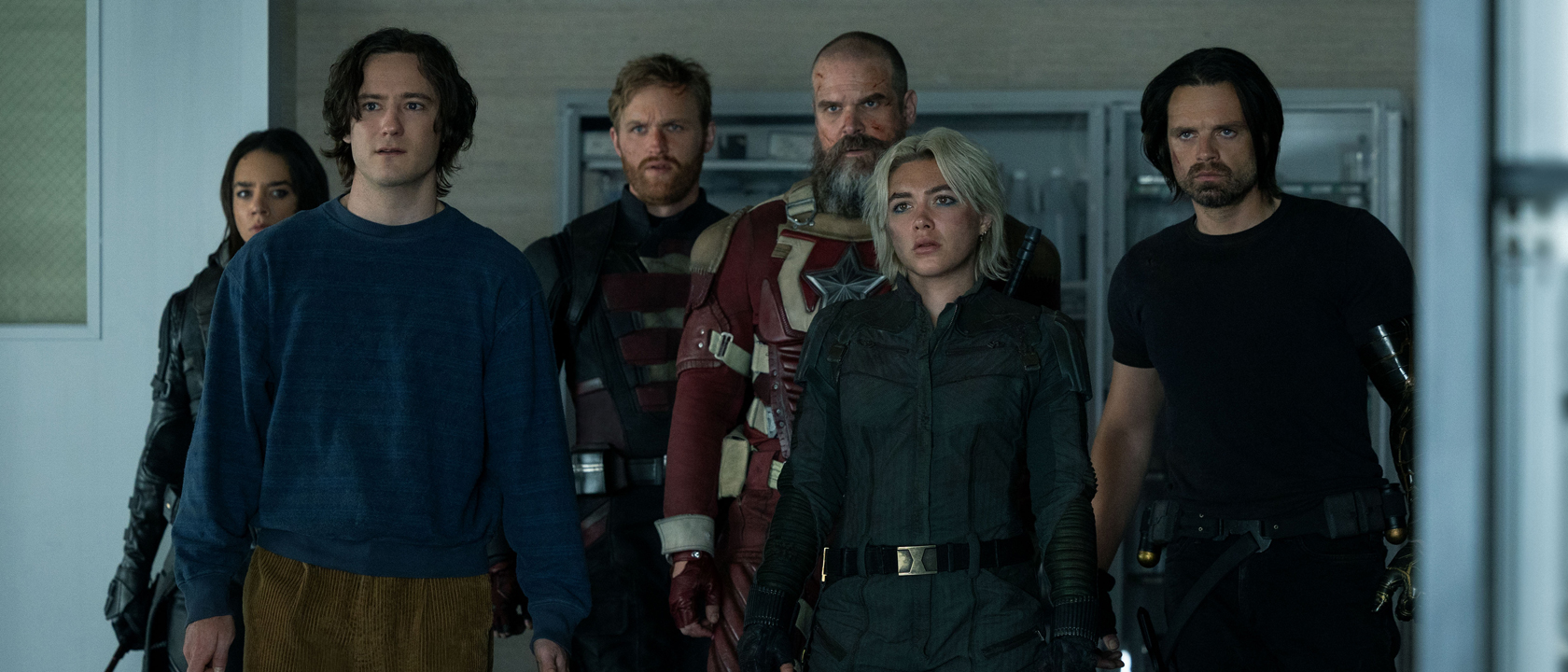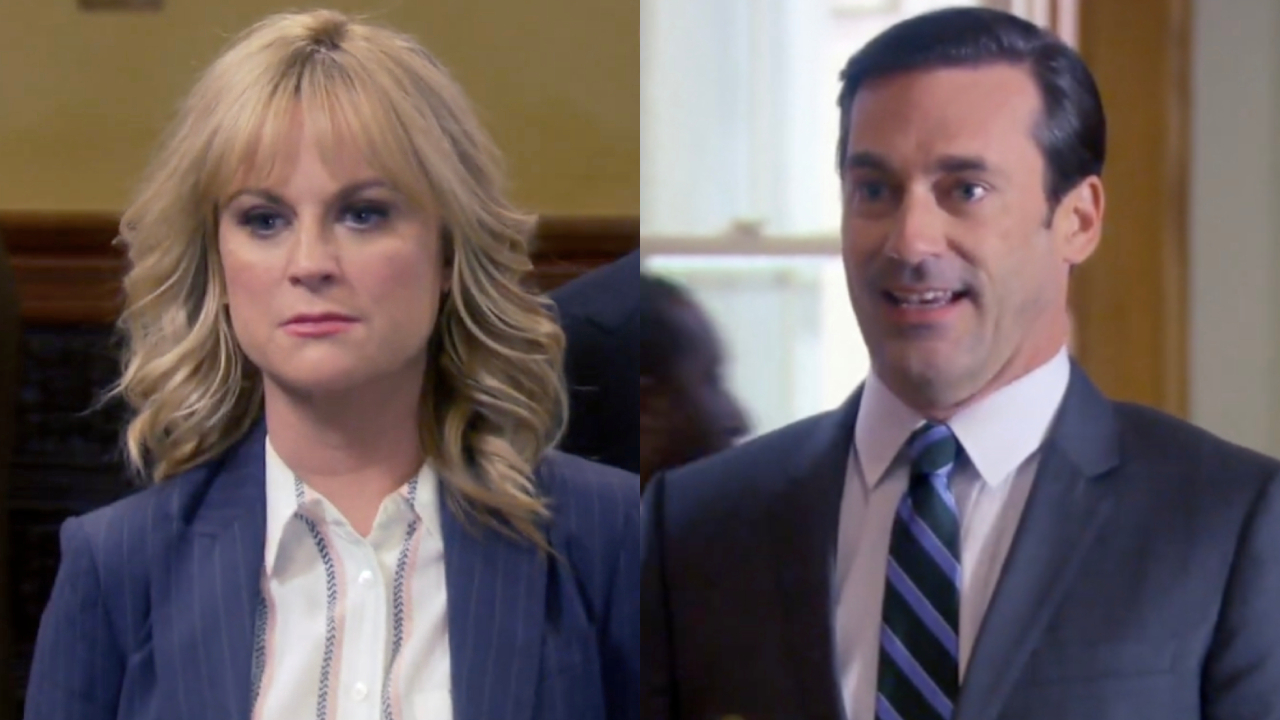Reviews
Latest Reviews

Another Simple Favor Review: I Love The Setup For The Murder Mystery Sequel, But I'm Massively Disappointed How It Unfolds
By Eric Eisenberg published

Thunderbolts* Review: Marvel Gets Some Of Its Mojo Back On The Road To Avengers: Doomsday
By Eric Eisenberg published
One of the Marvel Cinematic Universe's better movies from the last few years.

The Accountant 2 Review: Ben Affleck’s Sequel Expertly Balances Violence And Heart
By Corey Chichizola published
The Accountant 2 might be better than the original.

Until Dawn Review: A Mostly Satisfying Love Letter To The Horror Genre
By Eric Eisenberg published
The video game adaptation is neither "good" nor "great," but it does entertain.

Sinners Review: I Don't Know If I Love It More As A Crime Movie Or A Horror Movie. That's Awesome
By Eric Eisenberg published
Ryan Coogler's Sinners is a jaw-dropper.

Wedding Banquet Review: Lily Gladstone And Kelly Marie Tran’s Queer Rom-Com Hits A Rare Sweet Spot Of Being Hilarious And Heartfelt
By Sarah El-Mahmoud published
Andrew Ahn does it again!

Drop Review: A Solid High Concept Thriller With A Standout Turn By Meghann Fahy
By Eric Eisenberg published
An engaging and entertaining 100 minutes.

The Amateur Review: A Star-Studded, Globe-Trotting Snore
By Eric Eisenberg published
It’s neither smart nor exciting; it’s just boring.
CINEMABLEND NEWSLETTER
Your Daily Blend of Entertainment News
LATEST ARTICLES


